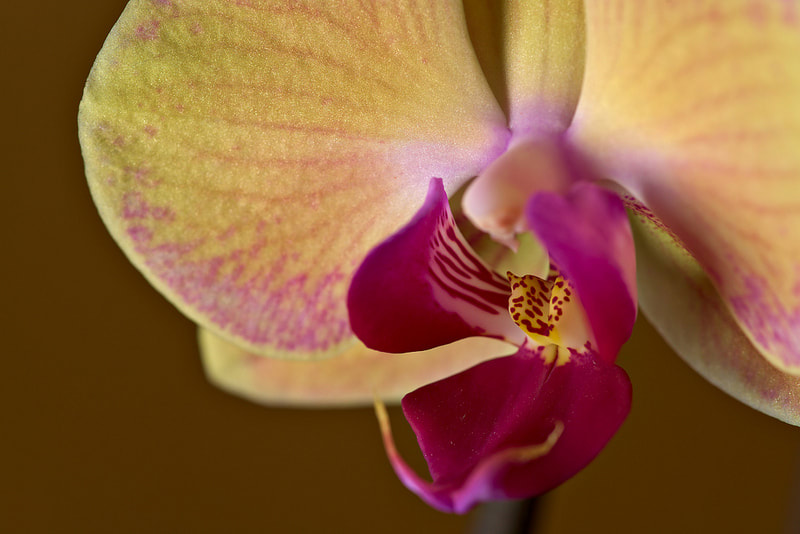LGBTQ persons
and Christianity
A word of support and appreciation from an
Episcopal Priest to Mary and her Methodist mother
|
Dear Reverend Daily,
I know that you are an Episcopal priest and that you perform same-sex marriages. Your tradition accepts gay clergy, too. I know that you are very sensitive to the situation of gay Christians and their families. I am in that situation. My daughter is gay. She grew up going with our family to a local United Methodist Church and benefitted from its programs early in her life. We love so many of her old friends there, many of whom were kind and open people. But now her church has formally decided not to sanction same-sex marriages or gay clergy, and, for that matter, to keep its idea that homosexuality is a sin. She is sickened by this, and I am, too. It has made her wonder if she can have a home in Christianity. Already she has her serious doubts about the patriarchal God whom she sometimes hears in Christian settings – a God whose power is primarily exercised in terms of reward and punishment, and who is almost always depicted as male. I shared some of your essays with her about a personal God who is very different from this: a God of open and relational love. Still, I think for the moment the idea of a highly personal God – a God who is a Thou – doesn’t make a lot of sense to her. She speaks of God as love and energy and connectedness, and finds God in relationships and joys in life. Often she avoids the word “God” when she’s with people who assume she’ll be thinking otherwise. And I’m not really sure what she thinks about Christ. I think maybe she thinks he’s just a figure in the past whom conservative Christians put on a pedestal. But what I sense is that, somewhere in her heart, she would like to feel at home in Christianity, or at least a Christian congregation. It won’t be Methodism, I’m sorry to say. I'll be staying Methodist, at least for a while, but for her that door is closed. Who knows, it may be your own Episcopal tradition, or maybe Disciples of Christ, or maybe Unitarian Universalism? So on to my question. I am wondering if you might write a short note to her in the context of this advice column, sharing with her how you find Christianity (at least the Christianity you know) a safe and even welcoming space for people in the LGBTQ community. I am seeking advice for her and, of course, for me, too, in this note. I want to keep our names confidential. You can simply say “Dear Mary." Thank you, Reverend Daily, Rebecca |
Dear Mary,
Your mother asked me to write a note to you about a kind of Christianity whose heart is wide and inclusive, like the heart of God. It is a Christianity in which the LGBTQ community and many others are embraced. The Episcopal Church is one example of this kind of Christianity, but it is not the only church that welcomes LGBTQ persons. Several features are characteristic of this spacious Christianity, one of which is a certain way of reading scripture. Some Christians believe that scripture is the literal word of God and, therefore, the passages that condemn homosexuality are to be taken unquestioningly as law. Christians who are open and embracing may also grant a good deal of authority to scripture, however, we simply understand scripture differently. We believe it to be a sacred book that tells the story of how a people came to understand God’s saving work in their lives. Some historical information is inaccurate; some parts of the Bible contradict others; some ideas in scripture evolve over time. The Bible isn’t so much a book of rules as it is a collection of family stories. We claim our place in that greater story, wrestle with how others have understood the experience of God when it is different from our own, choose to emphasize those parts of scripture which demonstrate the loving and merciful nature of God, and strive faithfully to write the next chapter. Like most Christianity that embraces same-sex marriage, the Christianity which I practice defines marriage not by the gender of the parties involved, but by the quality of the relationship. When two people promise to love one another for a lifetime – a love marked by forgiveness, reconciliation, honesty, fidelity, and intimacy – we see in the covenant they make something of the way God loves us unconditionally and forever. Marriage becomes what we call a sacrament – an outward and visible sign of God’s love, as well as the means by which that love is made real in our lives. In marriage, we learn to be better versions of ourselves – we practice respect, patience, kindness, humility, gratitude, hope, and love, experiencing these and other fruits of the Holy Spirit. And while same-sex marriage doesn’t give rise to children in the same way that marriage between a man and a woman sometimes does, deep love is by nature generative, creative, and fertile. Love always creates more of itself; love breeds love; love spills over into the world around us, strengthening our other relationships and empowering us to give more of ourselves than we otherwise could. Same-sex marriage bears witness to this kind of relationship and love in the same way that “traditional” marriage does. An embracing Christianity honors the image of God in every person and recognizes the gifts for ministry that each person has. Sexual orientation or identity is not a litmus-test for ordination or other service in the church. LGBTQ persons can serve at the altar and take part in governance; they can be deacons, priests, and bishops. Moreover, sexual orientation is only one part of a person – an important part, but not the defining characteristic. Anytime we reduce people to a single category, we do violence to their very personhood, as well as to the image of God in them. A safe and welcoming Christianity sees each person in their uniqueness and wholeness. It's not just that Christianity can embrace LGBTQ persons, Mary. Christianity needs the LGBTQ community and the diverse perspectives it brings. In truth, each one of us has our own experience of God, and anytime one of us is excluded from a faith community, that community's understanding of God is diminished. That's why the church needs people like you, Mary – people who think of God in new ways and explore new ways of coming to know God. A church is not a place where all of our questions have been answered; a church is a place where together we seek to know God more fully and to live a life of love and respect, to live a life shaped by the life of Jesus of Nazareth. Finally, Mary, I’d like to say something about your kind and open Methodist friends. Every church is composed of people with a range of views, my own church included. Perhaps those who embrace the LGBTQ community are even in the majority in your home church. But sometimes the polity, structure, or geographic distribution of a denomination can make change more difficult than it might be for another denomination. Such may be the case for Methodism. Perhaps your friends who remain in the UMC are waiting to see what comes next; after all, we are a people who believe in resurrection. Perhaps they are working to be an inclusive force within their local church. Whatever may be the case, I hope you can see those friendships through a lens of grace, knowing that they, too, are on a spiritual journey. With hope that you find a faith community that allows you to be your fullest self, Teri |

